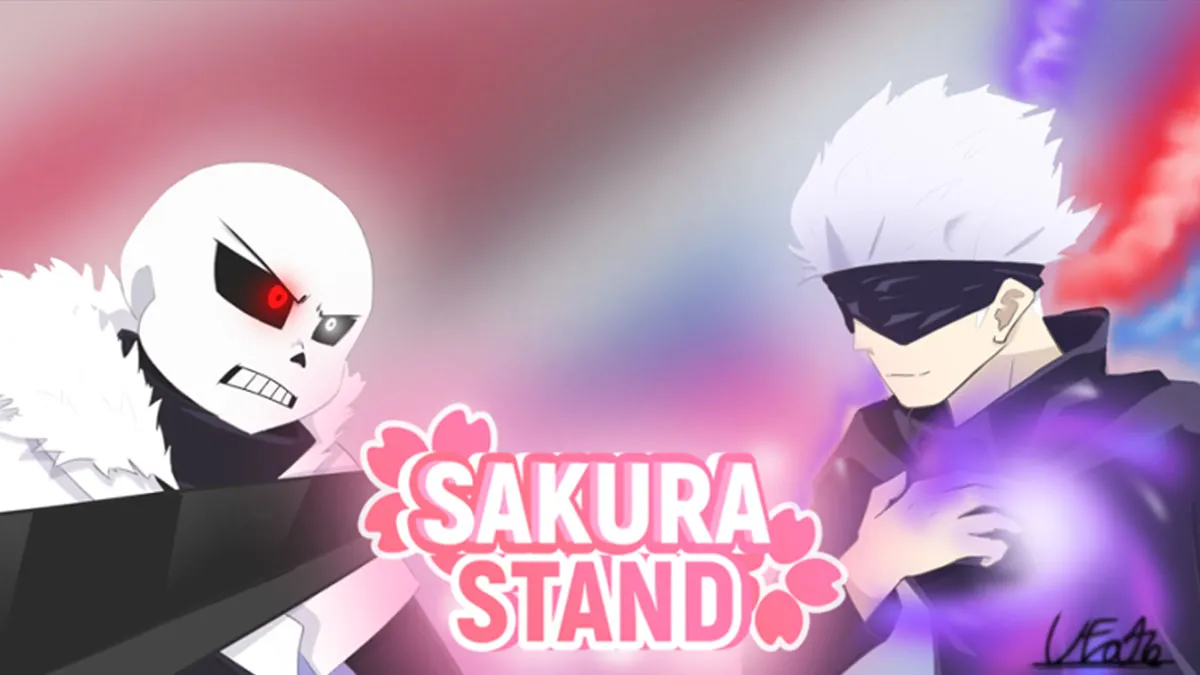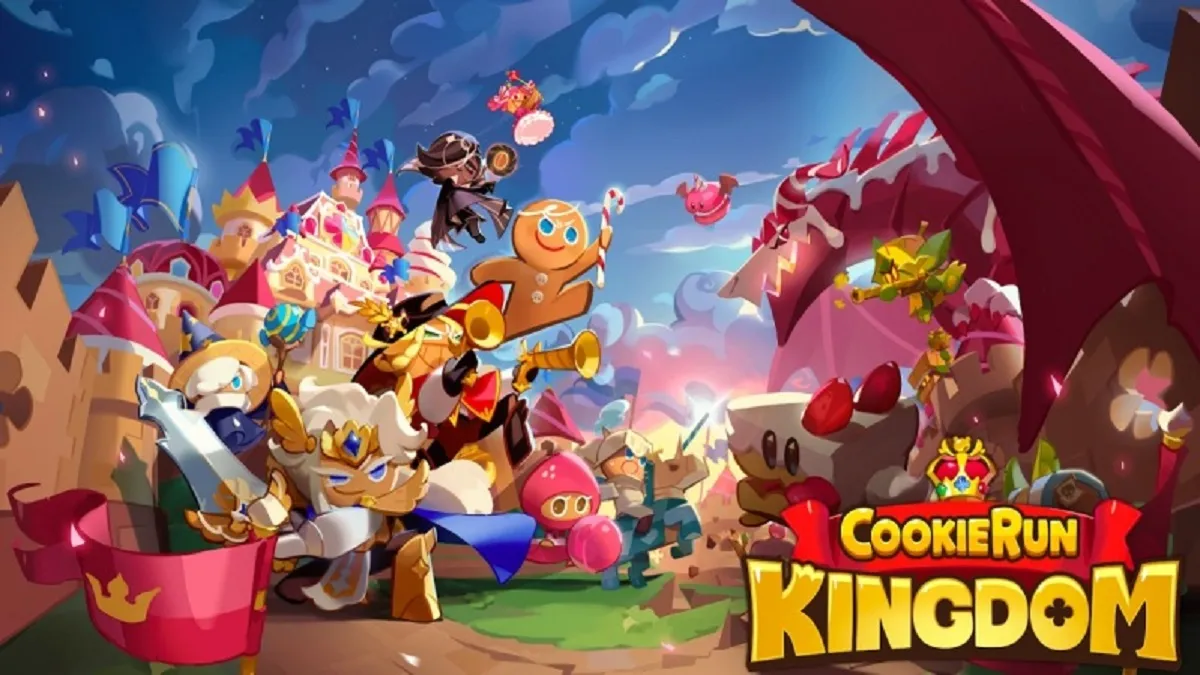The first title from developer Mundfish is called Atomic Heart, a science-fiction tale that heralds the idea of a utopic USSR brought about by science. Taking place only a few years after the Holodomor, which had Russia methodically starving the Ukrainian people to death with an estimated death toll in the millions, Atomic Heart tells a tale of a proud USSR and has accompanied its advertising with heavy Soviet and Russian imagery and statements. With the current invasion of Ukraine, Atomic Heart has been a consistent source of controversy — but are there provable ties to the Russian government?
Related: Atomic Heart developer Mundfish reportedly crunched and mistreated employees
Atomic Heart’s Russian ties, explained quickly
If you’re looking for a quick answer, yes, there are financial ties from the Russian Government to Mundfish. These ties, however, could be more of a consequence of Russia’s didactic control over its media and businesses. Plus, they were happening well before the invasion of Ukrainian soil by Russia. Mundfish has, at almost every turn, strived to remove the Russian label once the invasion began.
Atomic Heart’s Russian ties, in-depth
Investors in Mundfish, the developer of Atomic Heart, have been linked to GEM Capital, an investment fund that has direct ties to majority Russian state-controlled businesses Gazprom and VTB Bank, as outlined in their Series B round of funding press release. Mundfish has also opted to partner with a Russian company VK to avoid sanctions on Steam, which is also a majority Russian state-controlled business via Gazprombank.
Related: Voices in the gaming industry call for action in the wake of Russia’s invasion of Ukraine
Interestingly, however, is that the CEO of Mundfish, Robert Bagratuni, was a former creative director for VK. Artem Galeev and Oleg Horodishenin, the other founders of Mundfish, are also from Russian Federation — Oleg Horodishenin has since removed his LinkedIn profile, at least from public view. Our queries to Mundfish requesting clarification regarding these connections were met thus far with silence.
Based on Mundfish’s own press releases, this means that the Russian state stands to profit if Atomic Heart succeeds as a commercial title. Further, Mundfish has stated that they plan on turning this into a ‘large franchise’ for the studio.
Related: Microsoft is suspending sales of all of its products in Russia
Mundfish has done its best to sever its apparent ties to Russia since the invasion. While Mundfish is currently listed as a company in Cyprus, it was originally mentioned in Russian media outlets as a Russian studio with an office in Moscow. The sudden move from Russia to Cyprus could be a maneuver to avoid conscription, instead of a means to placate international critics on the location of the studio. AIN Capital noted the website policy for Mundfish stated that visitor data may be collected and sent to Russian state authorities — though this policy was later removed from the website, with Mundfish stating that it was ‘outdated and wrong.’
Is Mundfish pro-Kremlin?
There is a heft of undeniably pro-Russia statements that have stemmed from Mundfish, although they are ensconced in double-speak and rather liberal usage of certain terms, like peace-keeping. First and foremost, the release of Atomic Heart (outside of Steam) was February 21, 2023 — strangely marking the one-year anniversary of Russian President Vladimir Putin announcing Russia’s recognition of ‘separatist regions’ in eastern Ukraine, which preceded the current conflict that continues to this day. Perhaps the date is little more than happenstance, but that would be a gigantic coincidence from a studio that appears adamant to refute its Russian ties.
Secondly, Mundfish has released a few statements regarding its stance in the current war, but nothing has been concrete. One of the studio’s favorite phrases in these announcements is that it’s a ‘pro-peace organization.’ This isn’t the admonishment of Russia that many may take, as Russia considers its invasion of Ukraine as a ‘peace-keeping’ mission based on Putin’s February 21, 2022, announcement.
Many Russians unequivocally believe that Ukraine is harboring uber-Nazis and that the ‘peace-keeping’ mission is just that — trying to quell unrest in the country. The consistent stream of images showing mass graves, executed civilians, and the aftermath of other horrors are dismissed as ‘doctored’ pieces of propaganda by Ukraine. It’s possible that Mundfish has bought into this narrative, but they don’t seem too interested in talking about it.







Published: Feb 22, 2023 05:35 pm